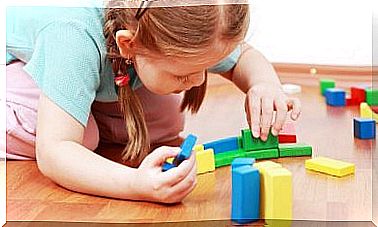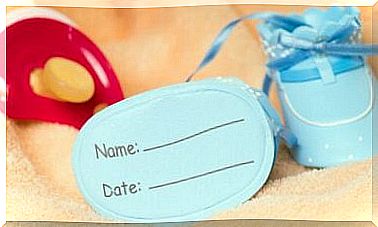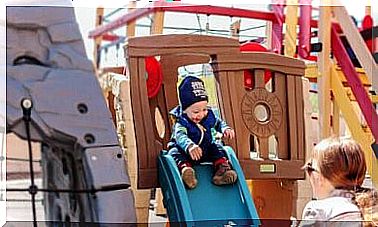Mistakes That Parents Make When Children Pronounce Words Incorrectly

When our children pronounce words incorrectly, for whatever reason, we must approach it with the intention of helping them develop their language skills properly.
The goal is for them to be able to express themselves clearly, correctly and easily understood. It is important not only for the children in the short term, but also for the rest of their lives. If their mistakes are not corrected in time, they can become harmful in the future.
The importance of guidance
It is not just the school’s responsibility to teach language use. As parents, we are also responsible and have the obligation to actively cooperate with our children in their development, including language development.
Another important thing to keep in mind is that just because children mispronounce words does not mean that they are bad at school or have some form of mental incapacity.
As a parent, you can participate in your child’s learning in many simple ways. You can start by encouraging and promoting a love of reading, singing songs or reading fairy tales aloud.

What NOT to do when your child pronounces words incorrectly
By not knowing how to act as a parent when your child pronounces words incorrectly, you can put a brake on their development. Here are the most common mistakes parents make:
- Let the child get used to the incorrect pronunciation. When children learn to speak, there are always certain words that they can not pronounce, it is completely natural. But as cute as it may sound, you as a parent must correct the word so that it does not become a habit.
- Skip articles (this, that, them and one, one) as well as prepositions (on, under, from, etc.). This not only creates confusion, but also affects the child’s understanding of grammar.
- Do not talk face to face. Spoken language is enhanced by facial expressions that show emotions. Children learn by example. When talking to them, do so at eye level. This allows them to learn the best way to pronounce words.
- Replace real words with fictitious words. The language you use to communicate with your child must be understandable. Call each thing, animal or body part by its real name.
What you SHOULD do to help your child
It is important to lead by example. Remember that you must be a good role model to help your children learn to express themselves properly. Here are some tips:
Daily calls
Try to talk to your children every day, even if it’s only a few minutes. Strive to create a healthy environment, where your children feel comfortable enough to express themselves.
A healthy environment also helps you to correct them in a clear and constructive way. It saves your children the embarrassment and possible trauma of making mistakes.

Patience
If your children have trouble pronouncing a certain word, go down to eye level and pronounce the word slowly so that they can learn to copy the sounds and movements you make with your tongue and mouth.
In addition to this, you can also ask them to repeat the word two or three times.
Seek professional help
If you think your child’s pronunciation is due to a physical barrier , you need to seek professional help. Then you get advice on how to act, and on what possible solutions are available.
An incorrect pronunciation can be based on a short tongue band. If this is the case, your child may need to perform articulation exercises, or use special aids.
Be patient and do not put pressure
When children mispronounce words, do not ignore them. Correct the mistake in a clear and concise way, at eye level. But remember that you are there to help, not to punish your child.
As a parent, you may make some mistakes unknowingly, such as laughing when you hear your child pronounce words incorrectly. This is perfectly normal – but try to avoid it if you really want to help your child.
With daily effort and confidence, you will achieve your goal. Good luck!









